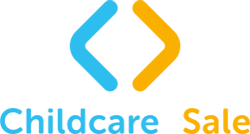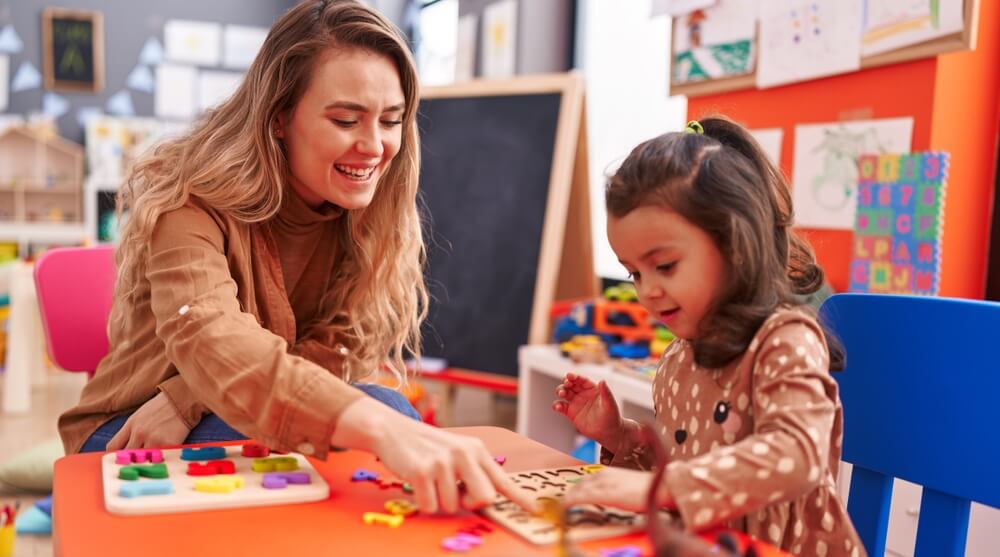Since 2012, the National Quality Framework (NQL) has guided Early Childhood Education curriculum. The launch of the updated framework in 2024 reflects the changes in contemporary practices and introduces new principles gleaned over the last decade.
Lincoln Bridge Tweet
The framework updates state that there is more emphasis on “working in partnership with children and families, and communities, teachers in schools, and other professionals, educators use the Vision, Principles, Practices and Learning Outcomes to guide their planning for children’s learning, development and wellbeing.”
Rather than a complete overhaul of the existing framework, the new updates are about details; giving clarification and expanded updates to make it easier for educators to implement in their curriculum.
In this blog:
A snapshot of the NQF changes
The NQF consists of two learning frameworks that guide Early Childhood Education Centres (ECEC) in their goal to support children’s learning in the preschool years.
The two frameworks are:
Belonging, Being and Becoming: The Early Years Learning Framework for Australia (EYLF)
The EYLF highlights the importance of children’s learning from birth. It outlines five key learning outcomes:
- Children have a strong sense of identity: Children are encouraged to develop their autonomy, resilience and sense of agency whilst feeling safe and supported.
- Children are connected with and contribute to their world: Children develop their sense of belonging to groups and communities, and an understanding of diversity, respect and social responsibility.
- Children have a strong sense of wellbeing: Children are encouraged to become strong in their social and emotional wellbeing, and take responsibility for their health.
- Children are confident and involved learners: Children develop skills in cooperation, confidence, curiosity, persistence and imagination, and processes such as problem-solving, researching and investigating.
- Children are effective communicators: Children develop their verbal and non-verbal communication skills, including understanding and expressing ideas in text and other media.
My Time, Our Place: Framework for School Age Care in Australia
This framework links to the EYLF and was developed by the Council of Australian Governments. It guides educators in developing children’s potential through active participation and decision-making that gives them freedom of choice and responsibility.
Both frameworks have been updated (called EYLF V2.0 and MTOP V2.0), with all new changes to be implemented by childcare centres nationwide by February 2024.
Designing the NQF refresh
In 2021, a partnership between Macquarie University, Queensland University of Technology and Edith Cowan University was engaged on behalf of all Australian governments to deliver a new-and-improved National Quality Framework.
The process included a literature review, surveys and direct feedback from stakeholders, and a pilot program to trial the proposed updates in 16 education and childcare services across Australia.
How the NQF update affects educators
The updates to existing frameworks will introduce several key changes that aim to provide a more holistic approach to early childhood education. Let’s look at the main differences.
- Strengthens Aboriginal and Torres Strait Islander perspectives: The updated framework dives deeper into the history and culture of the First Nations people, with a focus on respecting and incorporating their knowledge and traditions into early childhood education.
- Strengthens the link between the vision and planning cycle: This new inclusion further guides educators to ensure the vision of the framework is reflected in the planning and implementation of programs in the early childhood curriculum.
- Introduces a new principle promoting collaborative leadership: The collaborative leadership principle encourages collaboration and shared decision-making, between colleagues and other centres and partnering organisations.
- Introduces a new sustainability principle: As an important movement over the last decade, further emphasis has been placed on teaching children about sustainability and respect for the environment.
- Replaces cultural competence with cultural responsiveness The brand-new emphasis on cultural responsiveness recognises the dynamic nature of culture and respects each child’s background and cultural needs.
Implementing the new framework updates
Since the announcement of the updates in early 2023, early childhood centres have been transitioning to the new framework with full implementation expected on 1 February 2024.
The transition period has allowed centres to become familiar with the changes and adjust their planning and programs ready for the official launch date.
During the transition, educators have been encouraged to attend professional development opportunities to understand the changes and strategies for implementation.
An important aspect of the NQF changes is for everyone involved in the early education sector, from educators to buyers and stakeholders, to embrace the opportunities these changes present in enhancing the quality of education our centres provide.






